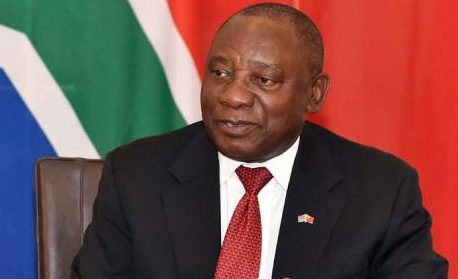
Donald Trump leaves no thought unspoken in his daily tweets. Yet every tweet reveals the character, prejudices and ignorance of the man. Most recently, this was displayed in his first ever tweet about Africa when he directed his Secretary of State to investigate the killings of white farmers and land seizures in South Africa.
This tweet followed Mr Trump’s viewing of a very biased and misinformed story on his favourite Fox News Channel concerning the proposed expropriation of land by the African National Congress (ANC).
Such inaccurate utterances just spread racism and ignorance while reigniting the white supremacy agenda that bedevilled that beautiful nation for nearly a century. In the process, he got support from that group of his supporters who believe that the Caucasian population in the US is also under siege from outsiders.
Yet lies spread much faster than truth and nowhere is it acknowledged that the white population in South Africa represent eight per cent of the nation yet control 70 per cent of the land. Worse still, the black population are 80 per cent but only control four per cent of the land.